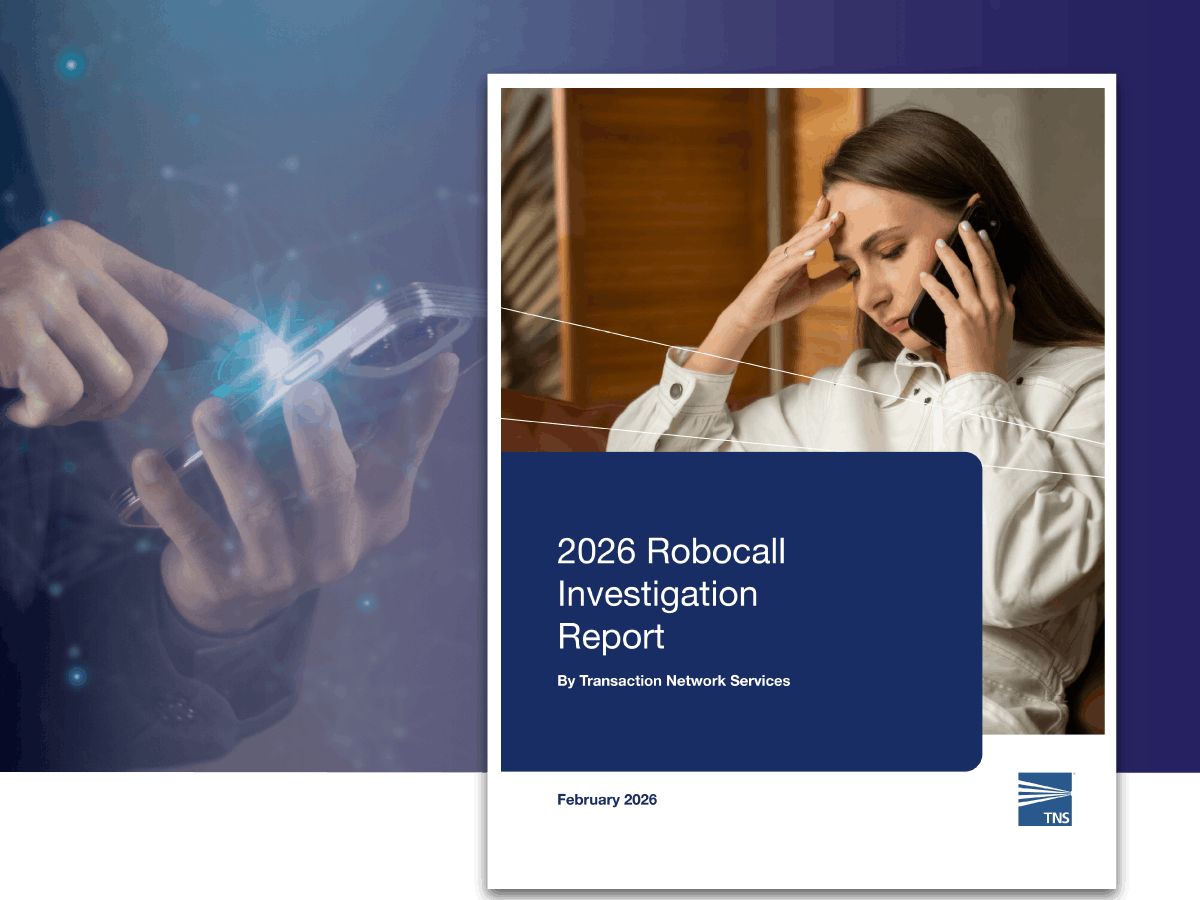TNS’ robocall protection team have recently received an influx of worrying reports regarding phone numbers being used by imposters who are claiming to be Zelle, a large digital payments network.
Zelle partners with many large banks in the US to offer services that allow users to transfer money to friends and family. Scammers are taking advantage of this through SMS phishing, which is often referred to as ‘smishing’, a tactic used to lure victims into disclosing sensitive information. But these scams are not limited to Zelle, other major financial institutions are being impersonated as well for monetary gain.
The scam will often begin with a text message that will ask if you authorized a transfer for a reasonably large amount of money – enough to make you panic. We received multiple reports that claimed the text mentioned an amount around $500. The text will simply ask you to reply ‘yes’ or ‘no’.
When you reply no, you will usually then get a call from who you believe to be the bank and the next step will be to talk you into giving them your bank account details and other personal information. Scammers are spoofing real bank customer service numbers to trick potential victims. Unfortunately, this means they may appear legitimate on the caller ID but are really being spoofed.
We advise the safest course of action is to hang up and call your bank directly if you receive a suspicious call from them. This scam has also been used to misguide victims into actually transferring money via Zelle or other institutions directly into the fraudsters pockets.
You can easily see how this scam could be very dangerous, especially for more vulnerable individuals, because of how legitimate and urgent the text and call may seem.
Zelle transfers are instant between users, since you would typically be sending money to friends and family and they would not send a separate message for you to authorize. Some reports we received claimed an unknown caller asked them to send money via Zelle, so it’s important to never send money to people you don’t know. And remember, these scams are not limited to Zelle.
If you receive a suspicious text or call from your bank, do not reply or hang up and call them directly. It is best practice to never engage with unknown numbers and report phone numbers being used by scammers to your carrier. If you believe you are the victim of a scam, you can report it to your local police, state attorney’s general office and the FTC.
Call-blocking apps, including those powered by TNS Call Guardian®, are also a great resource for reporting and blocking unwanted robocalls. Stay vigilant, share information about scams with others and be sure to check out our monthly Scam of the Month page updates.
John Haraburda is Product Lead for TNS Call Guardian® with specific responsibility for TNS’ Communications Market solutions.
Call Guardian is a registered trademark of Transaction Network Services, Inc.






